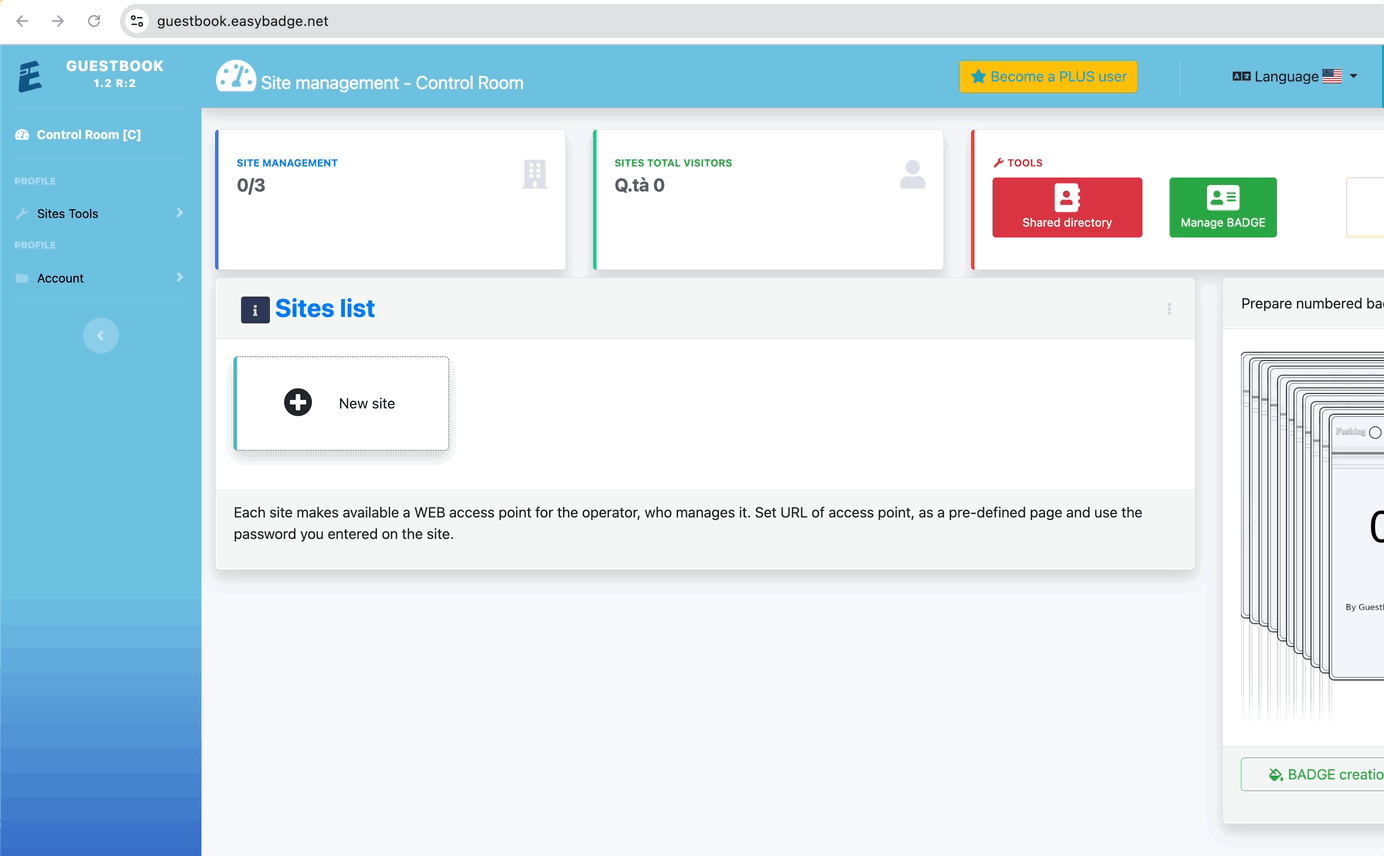
The customer can request the deletion of his personal data, for example, in the following cases:
❌ The data is no longer necessary for the purposes for which it was collected.
✋ Revocation of previously given consent.
🛑 Objection to processing and lack of overriding legitimate grounds on the part of the data controller.
⚠️ Unlawful data processing.
📤 Legal obligation to erase data arising from European or national legislation.
👶 Data collected from minors in the context of information society services.
Deletion of information is immediate and irreversible. The information cannot be recovered. Only registration data will be retained for 2 months to prevent automated deletion and multiple creation mechanisms from being interrupted.
The deletion of user information will be permanently deleted after 60 days from the request and is an irreversible and non-recoverable process.
If necessary, you can request manual deletion by writing an email to info@easybadge.net requesting execution.
| Cookie | Durata | Descrizione |
|---|---|---|
| cookielawinfo-checkbox-analytics | 11 months | This cookie is set by GDPR Cookie Consent plugin. The cookie is used to store the user consent for the cookies in the category "Analytics". |
| cookielawinfo-checkbox-functional | 11 months | The cookie is set by GDPR cookie consent to record the user consent for the cookies in the category "Functional". |
| cookielawinfo-checkbox-necessary | 11 months | This cookie is set by GDPR Cookie Consent plugin. The cookies is used to store the user consent for the cookies in the category "Necessary". |
| cookielawinfo-checkbox-others | 11 months | This cookie is set by GDPR Cookie Consent plugin. The cookie is used to store the user consent for the cookies in the category "Other. |
| cookielawinfo-checkbox-performance | 11 months | This cookie is set by GDPR Cookie Consent plugin. The cookie is used to store the user consent for the cookies in the category "Performance". |
| viewed_cookie_policy | 11 months | The cookie is set by the GDPR Cookie Consent plugin and is used to store whether or not user has consented to the use of cookies. It does not store any personal data. |